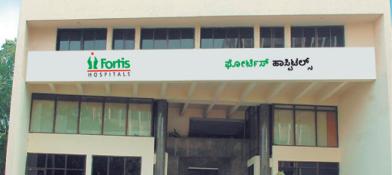Colon Rectal Cancer
Colon cancer, also known as colorectal cancer when it includes the rectum, starts in the colon or large intestine. It usually begins as benign polyps that can become cancerous over time.
Types
- Adenocarcinomas: The most common type, starting in mucus-secreting glands.
- Carcinoid Tumors: Begin in hormone-producing cells of the intestine.
- Gastrointestinal Stromal Tumors (GISTs): Rare, often found in the digestive tract’s connective tissue.
- Lymphomas and Sarcomas: Rare cancers affecting lymph tissue or muscle in the colon.
Risk Factors:
- Age: Higher risk after age 50.
- Diet: High-fat, low-fiber diets, and red meat consumption increase risk.
- Inflammatory Bowel Disease (IBD): Conditions like Crohn's disease and ulcerative colitis.
- Family History: Genetic predisposition increases risk.
Symptoms:
- Persistent abdominal pain or discomfort.
- Blood in the stool or rectal bleeding.
- Changes in bowel habits (diarrhea or constipation).
- Unexplained weight loss and fatigue.
Investigation:
- Serum carcinoembryonic antigen (CEA) level: Diagnostic as well as response to treatment
- Colonoscopy: Examination of the colon and rectum with a scope.
- CT Colonography: A specialized CT scan for visualizing the colon.
- Stool Tests: To detect hidden blood or DNA changes.
- Biopsy: Taken during a colonoscopy if a suspicious lesion is found.
- PETCT : Staging workcup
- MST Testing : KRAS, NRAS, BRAF
Treatment Options:
- Surgery: Removal of cancerous sections, often the primary treatment.
- Chemotherapy: Often used post-surgery or for advanced cancers.
- Radiation Therapy: Used more commonly for rectal cancer.
- Targeted Therapy: Used for advanced cases targeting specific proteins.
Prognosis:
Early-stage colon cancer has a favourable prognosis if treated early. Advanced stages, particularly when the cancer has spread, have a more challenging prognosis. Screening stool for test stool for occult blood and early detection are key.















